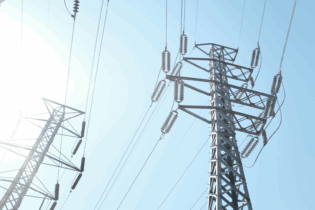A French company has come up with a plan to recycle Covid 19 medical waste.
Face masks are an important tool used to fight the spread of the Covid 19 virus, however they have also proven to be a major source of pollution. Face maskscan be found in just about any place one can think of – down the street, in water drainages and along the ocean. A French start-up company called Plaxtil based in Chatellerault centre-west France has come up with a solution to convert medical waste such as the Covid 19 facial masks into energy. How the process works:- The masks are collected and placed in quarantine for 4 days
- After 4 days they are grounded into small pieces
- The small pieces are then put through ultraviolet light which ensures that they are completely decontaminated before the recycling process begins.
Converting face masks into energy
According to Republicworld.com COVID-19: Scientists invent technology to convert medical waste into energy (republicworld.com), scientists in Peru are making provisions to convert used and disposed masks into energy by using new technology which will enable them to manufacture cost-effective batteries. After being inspired by Mexico’s strategic methods to manage and recycle PPE and masks to reduce hazardous impact on the environment, researchers in Peru conducted an analysis to estimate daily face mask usage and the subsequent waste generated. Another factor that influenced the need for this type of recycling was the recognition that the developing country still struggled with managing solid waste due to lack of adequate infrastructure and framework. Technology is being invented not only for manufactured batteries from the discarded and used masks, but also found an innovative way to produce the waste drug blister packs which can be used as a shell. They would achieve this by extracting graphene and producing thin, flexible batteries which are also easily disposable as they are cheap. “To create a battery of the supercapacitor type, the following algorithm is used: first the masks are disinfected with ultrasound, then dipped in ‘ink’ made of graphene, which saturates the mask,” Professor Anvar Zakhidov, scientific leader of the infrastructure project explains in the study. The new batteries that are manufactured with the masks have a high density of term measures, including in post-pandemic scenarios, should develop environmental awareness and education in the population, especially in countries that lack appropriate waste management infrastructure,” scientists noted. stored energy and electrical capacity compared with the traditional ones.







